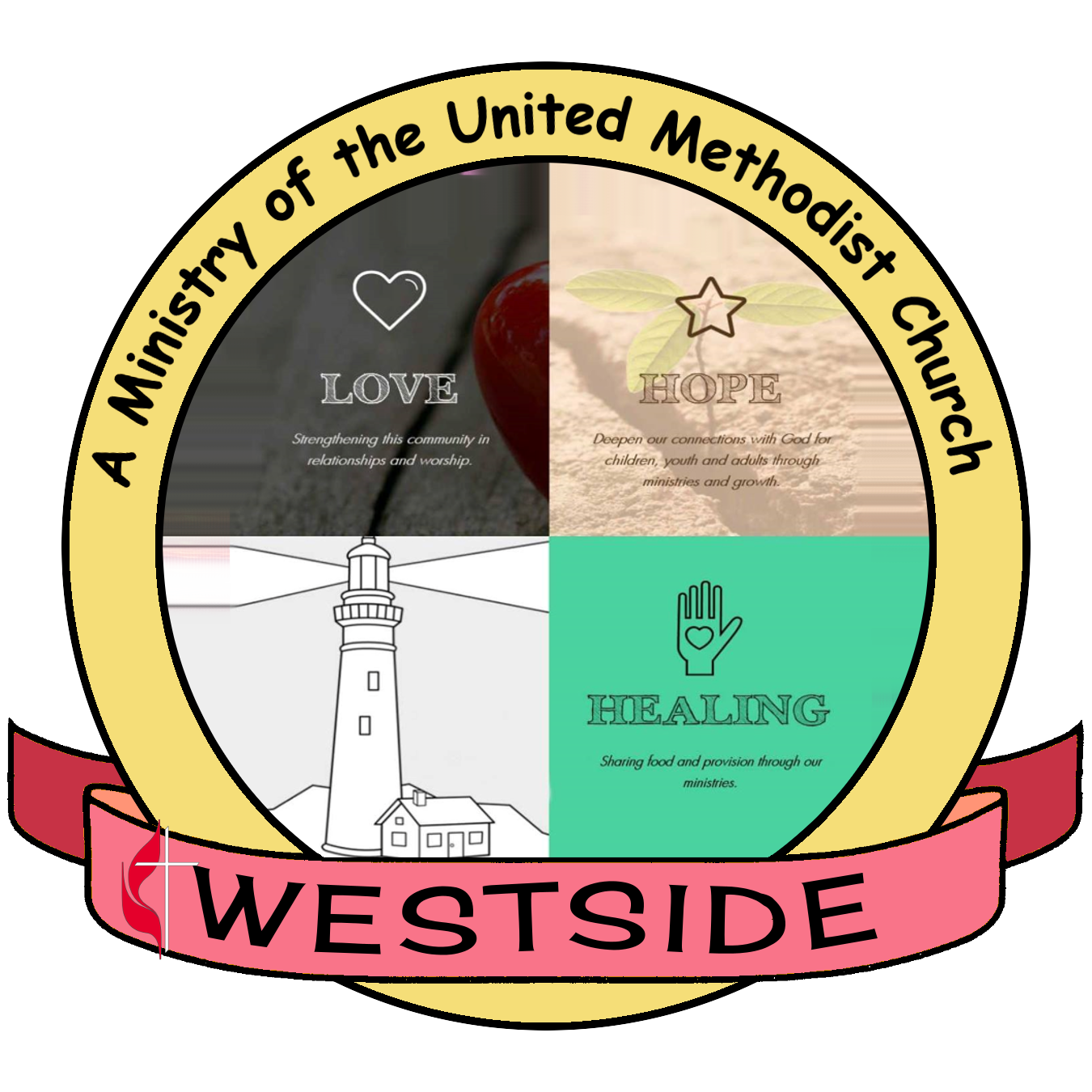What does it look like when people who represent Jesus are actually acting like they know him? What characteristics might we expect to see? What might the eyes say? What might the smiles say? What might the hearts say? What words might represent this choice of “following Jesus?” How might we expect such people to act?
It seems like over the past decades in many sectors of society something less than what we might expect has occurred. When the public is asked what they think of the church in nationwide polls and the first word that comes to mind is “judgmental,” and that is not one of the things listed in the “clothing” we are called to wear (like the “fruit of the Spirit” in Galatians 5:22ff), then perhaps something is wrong?
We are often quick to call out in others what does or does not “fit” with being followers of Jesus, yet, what of instead of looking at others we looked at ourselves.
Here we are this week, in the book of Colossians, chapter 3, looking in on what clothing ought to represent our lives. Paul describes how we look up, fix heart and mind upon what is above, and then what we are to strip off, the outmoded, dead, diseased clothing by which we were once known, and what we are to put on, to wear, clothing characterized by compassion, kindness, gentleness, patience, forgiveness and love, just to name a few.
Apparently the clothing we are to put on is then a choice, we choose what we will wear, but how often do we feel like we have no choice. The emotions take over. The situation demands anger, yelling, upset, yet that is not what this passage demonstrates. What we need is a barometer, a means of looking at how we live and testing what clothing we have grabbed. Then, we know exactly how to repent when we have chosen clothing that does not fit who we truly are.
Paul says first -- look up, fix our minds upon the “things above” where Christ is seated. To set our hearts upon things above, not upon earthly things. Clearly, our mindset will determine our behavior.
This is a big subject and it overflows into actual behaviors -- for Paul’s discussion of how we “live this out” in family, in work, in public life follows his call to be “clothed” in a certain way.
I’m struck how frequently I felt like I have been justly angry about a situation, or right in my misbehavior, only to have Jesus remind me that I had been wearing the wrong clothes.
In what are you clothed in this situation or that? How did you demonstrate WHOSE you are in that conversation you had today at the coffee shop, at work, in the kitchen at home, or the employee lounge? How did your words/actions put on display the character and love of Jesus? If it didn’t, had you put on His clothing at the start of the day?
I know -- this subject is multilayered and challenging. It is the gospel. It is the calling to really be “wearing” those clothes that God wants you and me to wear. So, let’s not be caught naked, but put our clothes on.
This week I have watched a TED talk given by Megan Phelps Roper, one of the daughters of the infamous, deceased Fred Phelps, who led the equally well-known Westboro Baptist Church in Topeka, KS. This place has become well-known for anything but the clothing Jesus calls us to wear. This small group positioned themselves against all those in the world “heading for hell” and telling them that’s where they would end up, that God hates them.
Megan growing up there knew no different. She had begun holding hate signs she could not read as a 5 year old and had learned to stand, to yell at those yelling at her, and stand against the mean-spirited crowds. Those crowds represented all that she had been taught were the evil people of this world. The “good” were those in her church, the only ones who “got the Gospel correctly.” As this message expanded to a broader audience via Twitter and Facebook, Megan began to move from nameless crowds to individuals responding to her posts. She was astounded at those who instead of being mean spirited, asked insightful questions, and asked her to think about her positions.
These people, many of whom became friends, were those who helped her choose to leave the church of her childhood, and her family behind, knowing her family would never speak to her again in order to discover that there was light and hope outside of the confines of that family home and church. She discovered Jesus in a whole new way, and now is on the national stage calling a nation to learn from her mistakes how to have conversations around the things about which we disagree. Her insights are beautiful and a good reminder to us all to live generously and lovingly. Here is the TED talk if you wish to view the whole thing:
I hope you can come to worship, as we all get to look at the start of chapter 3 and ask how we might be a different people by simply learning to “look up.”

